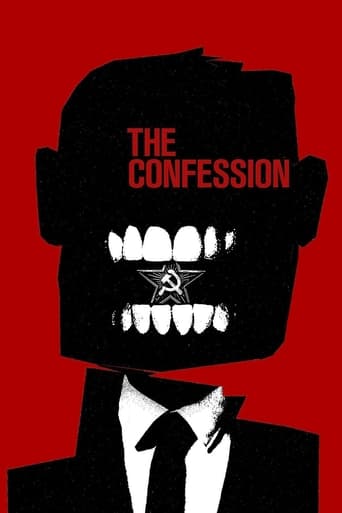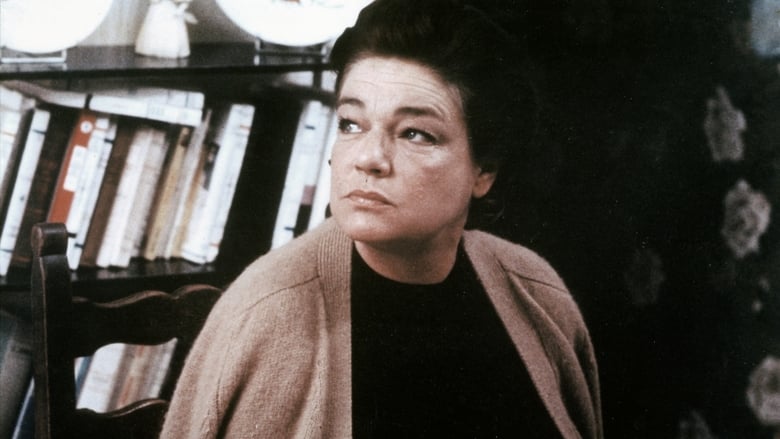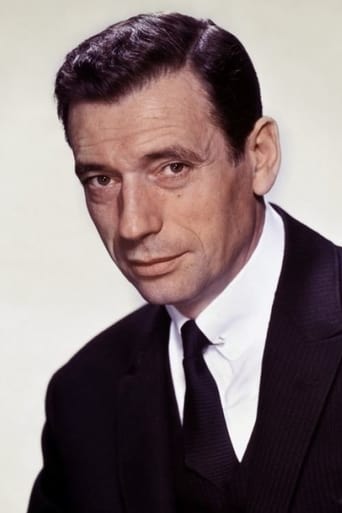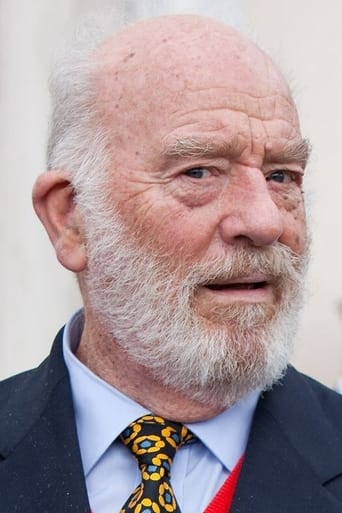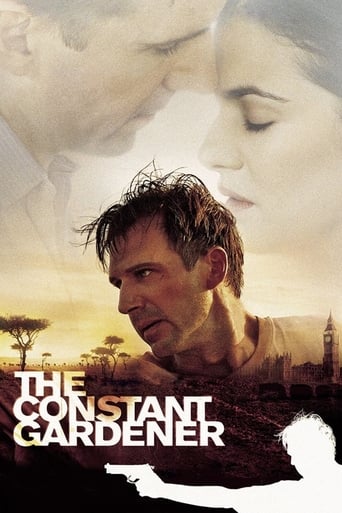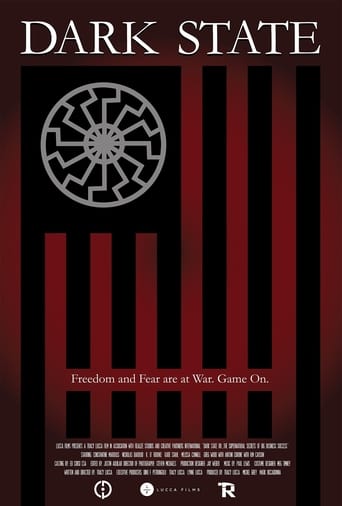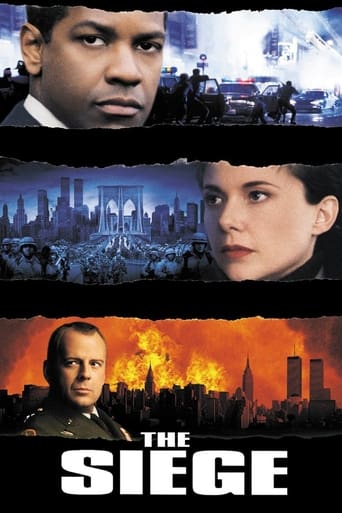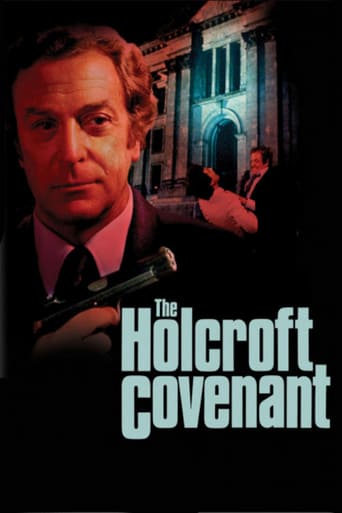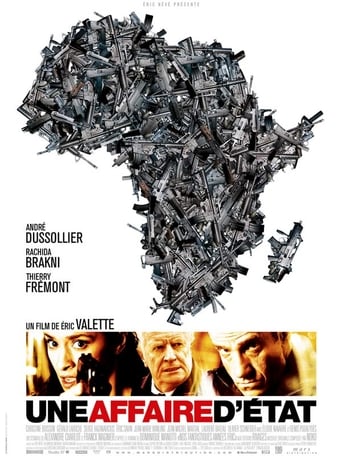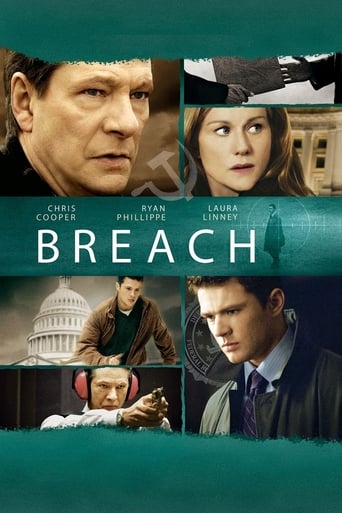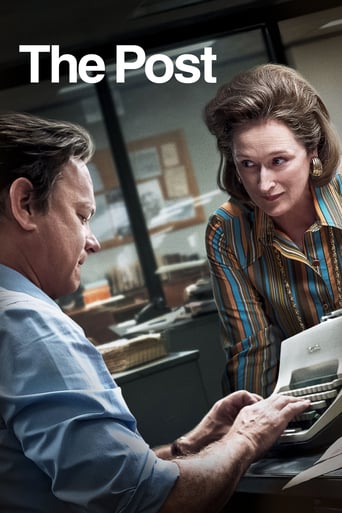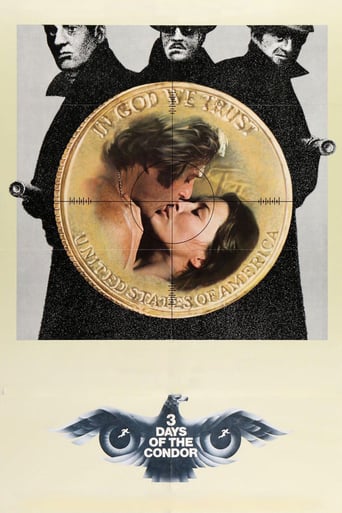The Confession (1970)
The vice-minister of Foreign Affairs of Czechoslovakia, knowing he's being watched and followed, is one day arrested and put into solitary confinement by his blackmailers.
Watch Trailer
Cast


Similar titles
Reviews
Absolutely the worst movie.
There are moments that feel comical, some horrific, and some downright inspiring but the tonal shifts hardly matter as the end results come to a film that's perfect for this time.
A clunky actioner with a handful of cool moments.
It's simply great fun, a winsome film and an occasionally over-the-top luxury fantasy that never flags.
Came across this excellent film tonight on the Turner Classic Movie channel. I won't rehash the film story here, it has been explained quite well by previous reviewers. Want only to state that I first saw it when it was released back in 1970-71. I was a very young soldier then. The Vietnam war was still raging and the cold war with the Soviets and Warsaw Pact nations was very real. The Soviet invasion of Czechoslovakia in 1968 was still fresh in our minds. Even though it is not entirely an anti-communist film, rather an honest look of what can and did go horribly wrong in soviet bloc countries, it was a chilling reminder to us of how frightening life could be in a totalitarian state. Released here in the U.S. during a time of continued civil unrest and anti-war sentiment carried over from the late '60's, it was sort of a reality check to the growing affection for the left wing, socialist philosophy etc. among the younger generation.
Yes, thank you, Criterion, for putting up your films on a YouTube channel. I've always thought I'd love to see more of these legally available, even for a small fee (a $2.99 rental is very reasonable). I've had the chance to see Breathless (1960), Le samouraï (1967) and Lady Snowblood (1973) in the last three days. The Confession (1970) is my latest watch.The Confession is a political thriller and drama concerning Stalinism in Czechoslovakia. One imagines it would be difficult to get this film made in what was still a Communist country, so The Confession is a French film about a French-speaking Czechoslovakia. The story follows an undersecretary who is targeted for arrest and trial for treason, accused of Trotskyism and Titoism. Usually when I think of the purges, I think of Russia, so it is interesting to see it at work elsewhere in the Soviet Empire.The beginning especially works as a political thriller, with several of the Communist officials displaying what in many other circumstances would look like neurotic paranoia. When the two cars chase down our hero, it's a frightening moment. Much of what follows concerns the interrogation. We see the differences between Stalinism and Nazism blurred as Jews are expelled from the party and targeted. The audience can understand how reducing a man from undersecretary to a number can be demeaning, and can see how the repetitive nature of the interrogation can break a man down. This isn't entirely an easy film to watch, but it gets its message across in a style blending realism with small artistic touches. If more people can see this film, that can only be good.
Anton Ludvik, aka Gerard, is vice-minister of Foreign Affairs of Czechoslovakia. He realizes he is watched and followed. One day, he is arrested and put into jail, in solitary confinement. Will be shown the mental tortures during the investigations and how a faithful top-ranking civil servant is made to confess to treason.A French political thriller based on a real story in Czechoslovakia? Wow! This actually makes a lot of sense. The Czech people do not have many stories told about them, but they do happen to live in an unfortunate area, sandwiched between Germany and Russia. And, as we know, throughout the 20th Century, those two nations liked to assert their influence on the neighbors.It is so great to see the story here of a man who stood against the Nazis now having to fight back against the politicians he helped support (sort of).
More often than not it's disappointing when an elusive film finally turns up and often the disappointment is in direct proportion to how badly one has looked forward to seeing it but I'm delighted to say that this one lived up to my expectations. Bowing as I do to no one in my love, respect and admiration for Yves Montand both as singer and actor I have, not unnaturally read all the books by and about him, bought all the albums but not, alas, seen all the films and of those elusive titles this one was the most sought-after. I knew by definition of Montand's strong Left-wing convictions - the son of an active Communist with a brother equally active and eventually high-ranking in the party -which if anything intensified after his marriage to Simone Signoret so that their life together was punctuated not only by concerts and film making but also by pro-Communist crusading (over the years they signed literally dozens of petitions)yet despite that background he agreed to make a film based on the real-life experience of Artur London, a high-ranking Communist in what was then Czechoslovakia, who, in a Kafkaesque nightmare was arrested and tortured - both mentally and physically - by fellow Communists with the end result of obtaining a confession (L'Aveu is, of course, French for confession) that he had betrayed the party. I'm about as far from a political animal as you can get whilst conversely I'm the nearest thing to Montand-For-President and that, pretty much is how I approached the film. Montand is fantastic. Let me put it another way: Montand is FANTASTIC. Required to run a gamut from suspicion at one end to mental and physical exhaustion at the other he inhabits the part completely. Considering that films are shot out of sequence and over a period of several weeks or months the manner in which he not only sustains a performance but builds it piece by piece like Jacques Villeret building an Eiffel Tower of matches in Diner du Cons is masterful. As a take on the way in which the Communist mind works (or worked) it is illuminating and full of wry touches in the dialogue as when Montand, urged to confess his mythical crimes argues quite naturally that if he IS a traitor then how can they believe anything he says, if he is NOT a traitor why is he in prison. The only negative is that I saw it in a small Art House in Paris as part of a Costa-Gavros retrospection and it's unavailable on DVD. Highly recommended.

